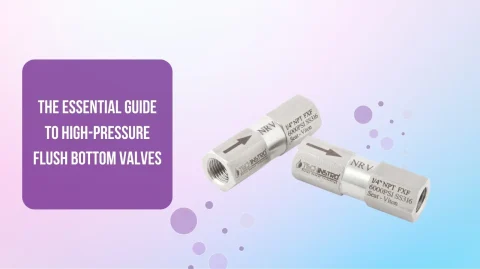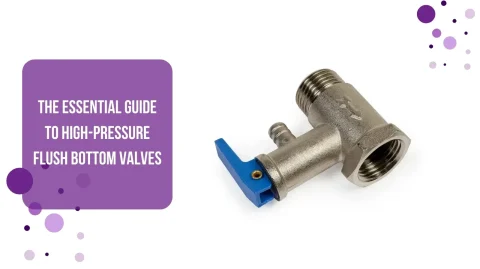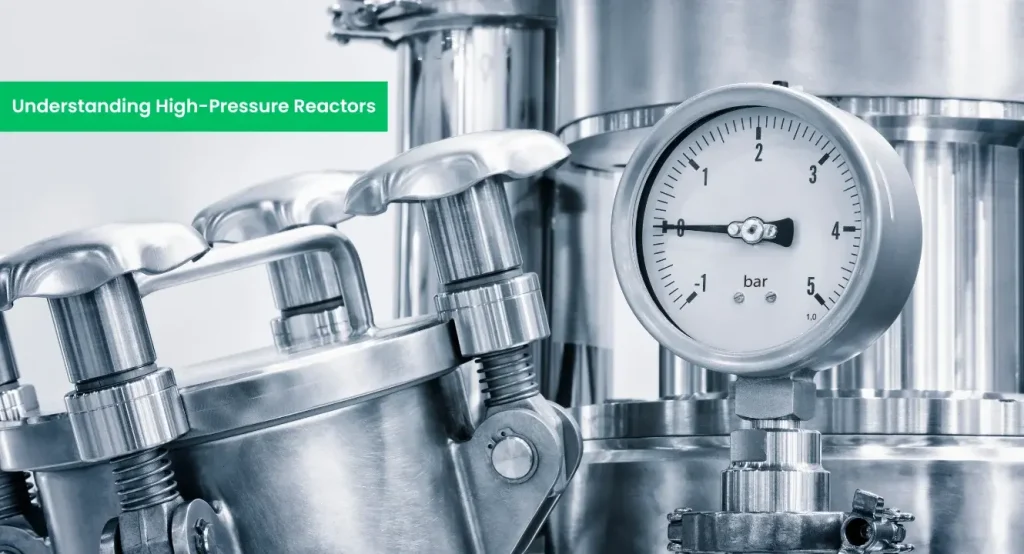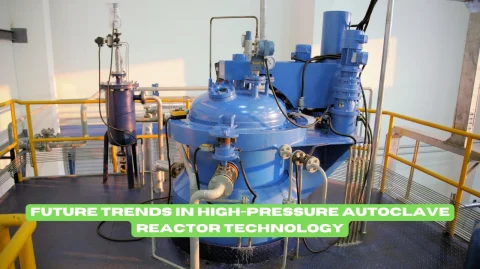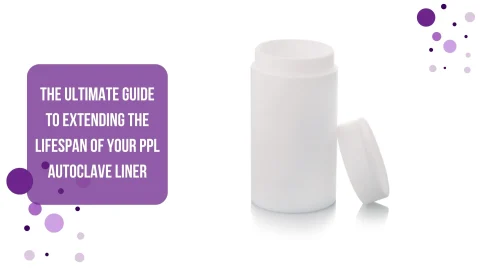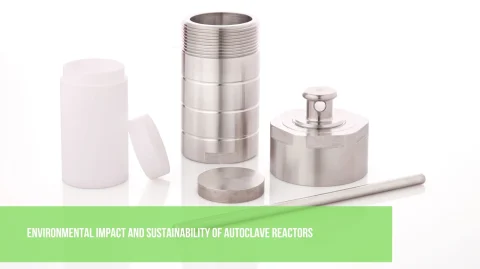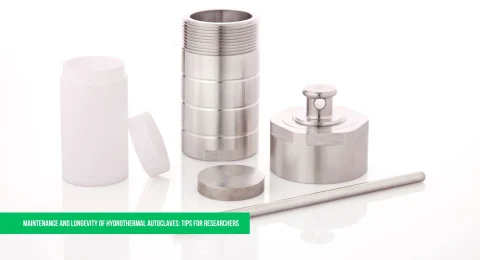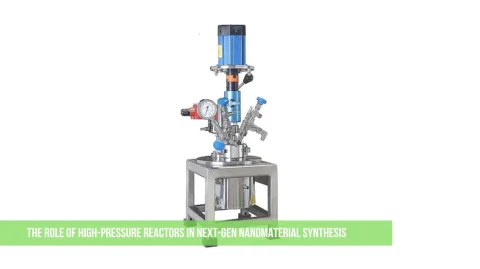A high-pressure reactor is a particular type of equipment used mainly in chemical and material science laboratories to conduct reactions at high pressure and often at high temperatures. These conditions allow scientists to study materials and processes that can’t occur under normal atmospheric pressure, making high-pressure reactors incredibly valuable in chemistry, materials engineering, and pharmaceuticals.
What is a High-Pressure Reactor?
High-pressure reactors are designed to contain reactions in a controlled, sealed environment. Scientists can experiment with different responses and observe how substances change by adjusting the pressure and temperature. These reactors are often made from stainless steel or other durable materials to withstand the high pressure inside without being damaged.
The structure of a high-pressure reactor usually includes:
- A reaction chamber is where the materials are placed and reactions occur.
- Pressure and temperature control systems allow precise adjustments to the conditions inside.
- Safety valves and pressure gauges are essential to prevent accidents and monitor reaction conditions.
Buy High Pressure autoclave Reactor from verified companies.
Why Use High Pressure?
Under normal conditions, some reactions occur slowly, while others don’t happen at all. When pressure increases, molecules are forced closer together, which can change their behavior and help the reaction occur faster. High pressure also helps create unique compounds that cannot be made at low pressure, which is essential in industries like drug development, where unique chemical reactions are often needed.
How High-Pressure Reactors are Used in Research
- Chemical Synthesis: High-pressure reactors allow scientists to create new compounds by mixing different chemicals under high pressure. This can lead to innovative products and materials that improve everyday items, from electronics to medicines.
- Material Testing: Researchers can use high-pressure reactors to study how materials like metals or polymers behave under extreme conditions. This is useful for developing materials in space exploration, underwater pipelines, and other high-pressure environments.
- Energy Production: High-pressure reactors are also used to study energy materials. They play a role in fuel research, including hydrogen production and biofuel processing, which could lead to cleaner energy solutions in the future.
Advantages of High-Pressure Reactors
- Increased Reaction Speed: Many reactions happen faster at higher pressures, saving time and resources.
- Unique Product Formation: High-pressure conditions can create compounds that wouldn’t form under normal conditions.
- High Efficiency: Reactors allow precise conditions control, leading to better yields and purer products.
Safety
Operating at high pressure involves risks, so safety is a priority in reactor design and usage. Safety features include pressure release valves, which reduce pressure if it exceeds safe limits, and temperature sensors to monitor heat levels. High-pressure reactors also have thick walls and seals to prevent leaks and withstand extreme pressure.
Conclusion
High-pressure reactors are essential tools for scientists and engineers. By enabling reactions at high pressures and temperatures, these reactors open up possibilities for creating new materials, studying energy processes, and advancing chemical research.
